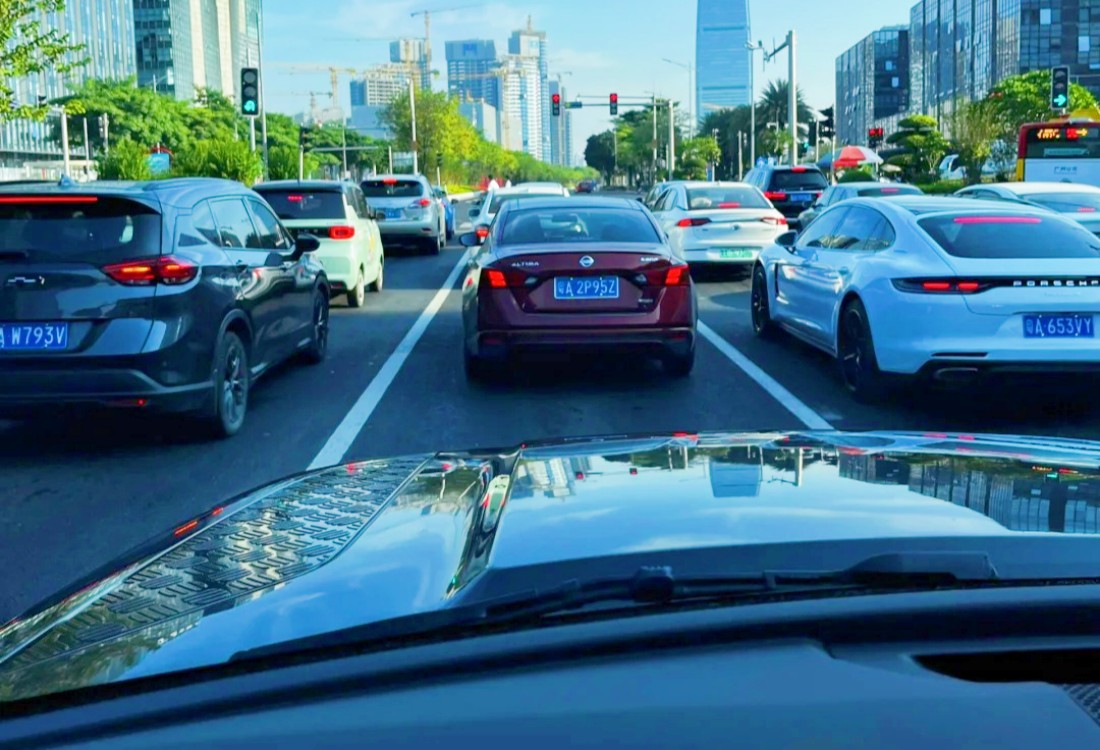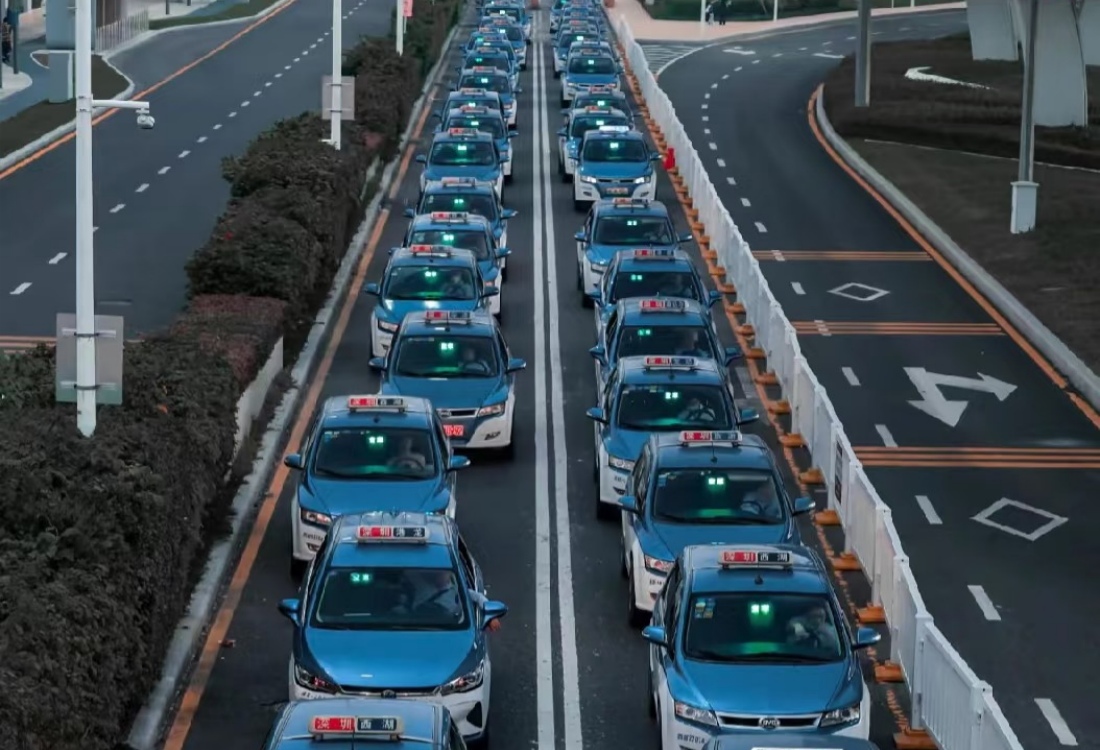Table of Contents
ToggleDriving in China as a foreigner may seem daunting at first, but it’s certainly possible—with the right documentation and preparation. Whether you’re planning a self-driving adventure through scenic provinces or need a convenient way to explore major cities, here’s everything you need to know about renting and driving a car in China as a foreigner.
Can Foreigners Rent a Car in China?
Yes, foreigners can rent a car in China, but with some important caveats. Major car rental companies such as eHi, Hertz, or Avis operate in large cities like Beijing, Shanghai, Chengdu, and Xi’an. However, they will only allow a rental if the driver holds a valid Chinese driving licence. International driving permits (IDPs) and most foreign licences are not recognised in China, so additional steps are needed before getting behind the wheel.
Can Foreigners Drive in China?
Technically, foreigners are allowed to drive in China, but they must obtain a Chinese driving licence first. Driving with a foreign licence or IDP alone is illegal in China and may lead to fines or legal issues if caught. Fortunately, the process to get a temporary or full Chinese licence for foreigners is relatively straightforward in major cities.
What Are the Requirements for Foreigners to Drive in China?
Foreigners who wish to drive in China must meet the following requirements:
- Valid Passport and Visa: You must have a valid Chinese visa or residence permit.
- Foreign Driving Licence: Your home country driving licence is necessary to apply for a Chinese one.
- Health Check: A basic health check (usually eyesight and reflexes) may be required.
- Temporary Chinese Driving Permit: If you’re visiting for a short time (less than three months), you can apply for a temporary permit at selected vehicle management bureaus or through some car rental agencies.
- Full Chinese Driving Licence: For longer stays, you’ll need to sit a written theory test (in English or Chinese). There is no practical test if you already have a valid foreign licence.
It typically takes a few hours to a few days to complete the process, depending on the city and whether you’re applying on your own or using an agent.
Is It Recommended or Dangerous to Drive in China?
While renting and driving in China can offer flexibility—especially in remote areas like Tibet, Xinjiang, or Yunnan—it’s not always recommended for every traveller.
Traffic in major cities like Beijing, Shanghai, or Guangzhou is often congested, chaotic, and difficult to navigate, especially with language barriers and road signage primarily in Chinese. Rural roads may have poor signage, and driving customs can differ significantly from Western standards.
Additionally, road rules in China are strictly enforced, with frequent camera monitoring. Foreigners unfamiliar with local traffic norms may find driving stressful or risky.
For confident drivers planning road trips in less congested areas (such as the Silk Road or the Tibetan Plateau), self-driving can be a rewarding way to explore China’s landscapes.




What Are the Alternatives If You Don’t Drive?
If driving doesn’t appeal to you—or you’re staying short-term—there are many convenient and affordable transport options available:
- High-Speed Trains: China’s extensive and efficient railway network connects most cities and regions. Trains are fast, comfortable, and relatively cheap.
- Domestic Flights: For long distances, flying is a good alternative, especially between major cities or to remote regions.
- Public Transport: Subways, buses, and trams in big cities are foreigner-friendly, with signs in both Chinese and English.
- Taxis and Ride-Hailing Apps: Didi (China’s version of Uber) is widely used and has an English-language version of the app.
- Private Drivers and Guided Tours: For a more relaxed experience, hiring a local driver or joining a tour group is a popular option.
Driving in China as a Foreigner
In summary, yes, foreigners can rent and drive a car in China, but you must obtain a Chinese driving licence first. While driving can be rewarding in rural or scenic areas, city traffic and cultural differences in road behaviour make it challenging for some. For most visitors, China’s reliable public transport and tour options offer a stress-free alternative to driving. Plan accordingly based on your itinerary, confidence, and comfort level behind the wheel.









